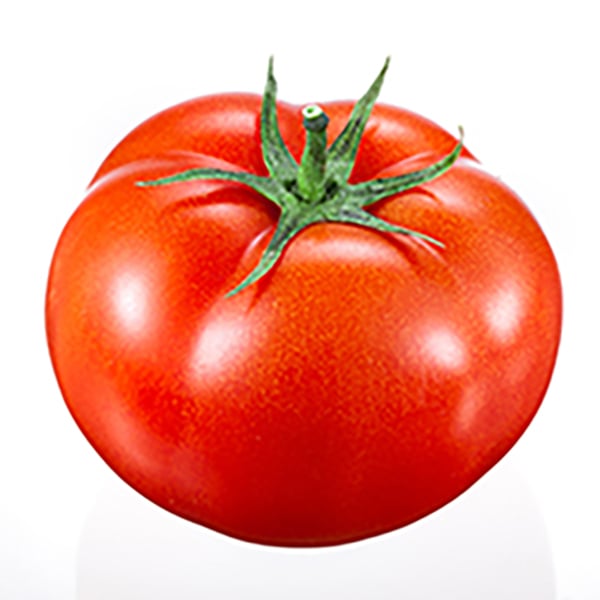A page from The Unthinkable: Who Survives When Disaster Strikes - and Why by Amanda Ripley
I guess it’s not exactly surprising, but it seems to explain a lot of things I’m witnessing in my later adulthood. I’ve always felt deeply impressed by selfless heroes, but I never really pondered the profile of heroism.
Empathy being a sign of privilege isn’t the truth I needed to read today :/
When you are fighting to survive, it’s only normal to have less bandwidth to care for others.
In a weird way, having emotionally available and supportive parents is absolutely a privilege. People are able to develop empathy in spite of bad parents, and good parenting isn’t a guarantee to a good person, but parenting is a major factor for life success. I wish it weren’t, and I hope we can build a society that could guarantee every child full opportunities.
You can break the cycle
But… I’m confused. Didn’t Musk call empathy a weakness? Surely someone so tolerant, inclusive, and humble couldn’t be wrong.
Paul Bloom has written an entire book arguing Against Empathy
I’m not sure I entirely agree with his thesis but it’s not a completely outrageous idea. I often wish I could tone down my level of empathy as well.
Fucking hell. I can’t escape being reminded of this shitstain everywhere, even if I filter political posts.
Yeah I wish we could filter comments as well.
programming.dev##article.comment-node:has(div.comment-content:has(p:has-text(/Musk/i)))Put that into your adblocker custom filters (assuming you’re using a browser)
Yeah, I heard ignoring the shit world around you is a really good way to effect change
It’s about as effective as talking about it on social media all day, every day. The people making real change are out in the real world doing concrete things - not just posting about it online. Shaming people for not wanting to be miserable 24/7 because of the constant firehose of bad news isn’t just unproductive - it’s counterproductive.
I tried to effect change for 8 years. I gave up when Americans decided that they wanted the shit world. My mental health can’t handle it, I literally am losing years of my life with every moment I spend reading about how the people in this country are hell bent on turning it into the worst possible existence.
We were in this position before, a period of even greater division, even to the point of violence.
Our mistake was not teaching the fascist confederates the price of evil.
Cover your eyes, plug your ears, and ignore the cries of those suffering around you.
As opposed to passing drivel on the web even where it’s completely unrelated, because that solves all problems.
Love your username btw 😄
I think there’s also a sort of autodidactic type of learning empathy, even if your parents don’t teach it to you.
I think it’s — at least for a part of the population — a very natural thing and would have to be actively discouraged as a kid to make it go away.
Although idk I did read a ton so maybe the books raised me idk
Reading books are known to increase empathy, as the very act itself forces you to see the world from someone else’s perspective. You’re putting someone yourself in someone else’s shoes on every time you open a new book.
There’s some truth here, like poorly-treated children probably have difficulty with empathy, except I’ve known a few people that had very hard childhoods and are some of the kindest people I’ve ever met, as if they developed past those issues to understand how important empathy is.
I also come from a large family, and while my siblings and my cousins had very similar upbringings, the variability in things like empathy and justice is extensive even among siblings (notably including twins).
To me it seems like there’s a strong element of innate character trait with this stuff, as we’ve watched kids grow up and seen their character at 2 years old remain consistent into adulthood. If this stuff were driven mostly by environment, then at least most kids would be similar… And we’ve found they aren’t, it’s all over the map, unpredictable by the environment.
Not to say environment doesn’t/can’t influence, it certainly can, but I don’t believe it’s usually the primary driver, just in cases where the environment is notably negative
There very well could be something innate. Later in the chapter, Ripley writes about heroes who did what they did because they felt they wouldn’t have been able to live with the sense of cowardice for not acting. The fear of future self loathing overpowered their fear of present peril.
As for nurture vs. nature origins of empathy, I’m looking forward to watching Boarding On Insanity.
This book is fantastic as a whole. Highly recommend.
It makes perfect sense to me that people who suffer abuse or neglect when young would develop a deep-rooted drive to look out for themselves first and foremost. It would be (literally, socially, and emotionally) a survival mechanism. Unfortunately, it would leave less room than others might have for empathy.
I don’t imagine this would ever go away completely, even if their situation improved by adulthood.







